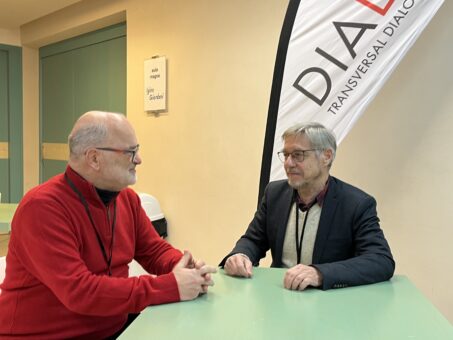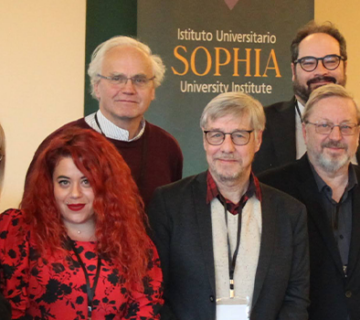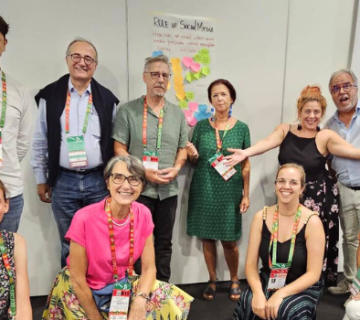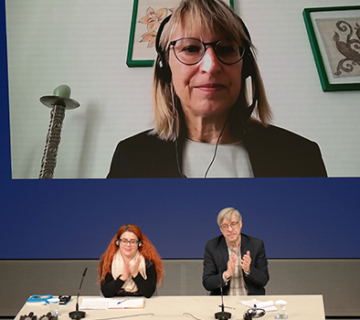Over 10 years ago, Walter Baier and Franz Kronreif embarked on a journey between Marxists and Catholics in Vienna with the aim – bold then and bold now – of working out a shared social ethic on the basis of a cross-party project of dialogue, called Dialop, which was launched in 2014. Baier, a politician, is currently president of the European Left, Kronreif is an architect and a member of the Focolare Movement.
What were the results of the conference held in the past few days for Dialop’s journey?
Baier: ‘It is difficult for me to give an answer in this moment because we still have to evaluate things between us. I have read Pope Francis’ address to us several times and each time I’ve discovered something new. This means that we have to let this speech sink in and think about it carefully. Certainly, however, the meeting with the Pope opens a new chapter between the Left in Europe and the Catholic Church. The Pope spoke about the very things that move us too, namely the preferential option for the poor, the defence of Mother Earth, the rights of migrants, the right to life’.
Kronreif: “What impressed me most was that the Pope really wanted this meeting with a representation from Dialop. Right from the start we saw that he felt very comfortable with our group, half Catholic, half Marxist. He spoke very freely and also built relationships by accepting questions. He urged us to continue the dialogue, because dialogue is fundamental today. He also emphasised the fight against corruption. And then he invited us to dream of a better future, because with dreams we can manage to break the mould’.
 Baier: ‘What happened at the Sophia University Institute in Loppiano is also very important. I think it is a new stage in the dialogue. It shows how rich the knowledge we can mobilise is. The precondition for this is that we managed to create a space in which all participants were able to express themselves. On the Marxist side, every contribution was unorthodox. If we had said these things decades ago in our socialist or communist parties, we would have been ousted’.
Baier: ‘What happened at the Sophia University Institute in Loppiano is also very important. I think it is a new stage in the dialogue. It shows how rich the knowledge we can mobilise is. The precondition for this is that we managed to create a space in which all participants were able to express themselves. On the Marxist side, every contribution was unorthodox. If we had said these things decades ago in our socialist or communist parties, we would have been ousted’.
Can you give an example?
Baier: ‘How we were able to act as Marxists with the leadership of the Catholic Church is unprecedented. And then the self-criticism we began to do about our contradictions. This is only possible with the kind of dialogue we have created at Sophia. And I stress that in this experience of dialogue, the other side is able to bring out the best part of us’.
What prospects have opened up with this stage at the start of 2024?
Baier: ‘For me, as a politician, it is important that we succeed in mobilising society and public opinion on topics of justice, integral ecology, and above all peace. Although we should have no illusions. It is not so much a matter of speeches as a confrontation with strong powers. This requires democratic decisions and we need majorities on these issues. I think we must develop our dialogue in this direction’.
Kronreif: ‘The perspective that emerged is that we have found that in our dialogue we manage to create an experience of true encounter that can be extended to other dialogues or integrate other subjects into our dialogue. By now we have such a deep-rooted and lived method and experience that we are more open to integrating other components. And it may turn out to be a useful democratic method to deal with and address certain issues in parliaments, society and public opinion, where a very wide split and radicalisation into extreme positions now prevails’.
Paolo Lòriga


 Italiano
Italiano Español
Español Français
Français Português
Português




No comment